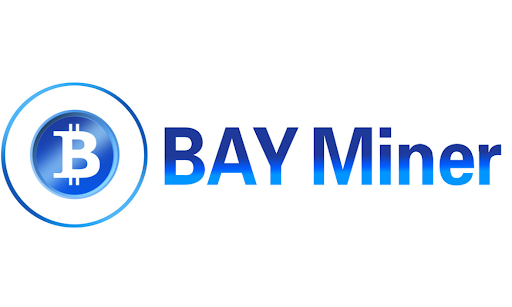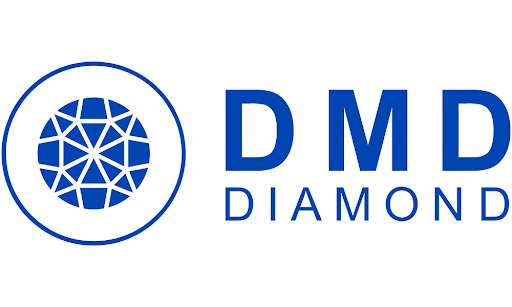Lido Finance Market Share Drops to Three Year Low Amid Rising Competition

Lido Finance has experienced a sharp decline in its Ethereum staking market dominance, with its share falling to 24.6 percent according to BeInCrypto. This represents the protocol's lowest market position since March 2022. The liquid staking platform controlled over 32 percent of the market in early 2025 and maintained above 32 percent as recently as November 2023.
Entropy Advisors reports that Lido's staked ETH volume dropped by 5 percent over six months. The protocol currently manages approximately 9.4 million ETH worth $33 billion. Despite maintaining substantial holdings, the platform faces mounting withdrawal pressure with over 235,000 stETH tokens queued for exit. This withdrawal surge has contributed to stETH losing its peg to ETH, creating additional volatility for the protocol.
The decline occurred alongside broader instability in Ethereum's staking ecosystem. Total staking deposits reached a record 36.5 million ETH in mid-July before retreating to 36.1 million ETH. Lido recorded the largest net outflows among major protocols during this period, while the validator exit queue expanded from 1,920 to over 475,000 within one week.
Why This Market Share Loss Matters
Lido's declining dominance represents a fundamental shift in Ethereum's staking landscape with direct implications for protocol users and the broader ecosystem. The platform previously served as the primary gateway for retail investors seeking liquid staking solutions, offering accessibility without minimum requirements or technical expertise. Its market share erosion reflects changing user preferences toward alternative platforms and institutional solutions.
The stETH depegging issue creates immediate consequences for decentralized finance protocols that rely on the token as collateral. Aave experienced significant disruption when WETH loan rates spiked from 2 percent to 18 percent within one week, forcing investors to unwind leveraged staking positions. This volatility affects millions of users who depend on stETH for borrowing and lending activities across multiple DeFi platforms.
Institutional investors are reassessing their liquid staking strategies as competition intensifies. DataWallet data shows centralized exchanges like Coinbase and Binance now control 8.4 percent and 6.4 percent respectively. Meanwhile, emerging protocols like EtherFi captured 5.3 percent market share with over 1.6 million ETH staked. This fragmentation provides users with more options but reduces the network effects that previously benefited Lido's ecosystem.
Industry Implications and Competitive Landscape
The redistribution of Ethereum staking market share reflects broader changes in how institutional and retail participants approach network security and yield generation. Restaking protocols have emerged as the primary growth driver, with the category expanding from 0.7 percent to 8 percent of total staked ETH since January 2025. EtherFi and Renzo have captured significant market share by offering additional rewards through securing multiple networks simultaneously.
Ethereum's decentralization goals benefit from reduced concentration in any single protocol. The Ethereum Foundation considers 33 percent of staked ETH a critical threshold where a single entity could potentially prevent chain finalization. Blockchain security expert Ogle states that Lido's market share reduction addresses concerns about one group controlling Ethereum's consensus mechanism. This competitive environment aligns with Ethereum's long-term vision of distributed validation.
Traditional financial institutions are adapting their staking strategies as regulatory clarity improves. Institutional surveys show 70 percent of institutional investors now participate in Ethereum staking, with 52.6 percent holding liquid staking tokens. However, 78.4 percent express concerns about validation power concentration, driving demand for alternatives to dominant protocols. This institutional shift toward diversified staking approaches may continue pressuring Lido's market position while benefiting smaller, more decentralized competitors.
Further Reading
For those interested in decentralized governance and protocol management, our comprehensive DAO tooling guide provides detailed analysis of over 100 platforms and tools used in decentralized governance. The guide covers essential infrastructure that protocols like Lido use to manage community decisions and protocol upgrades.





